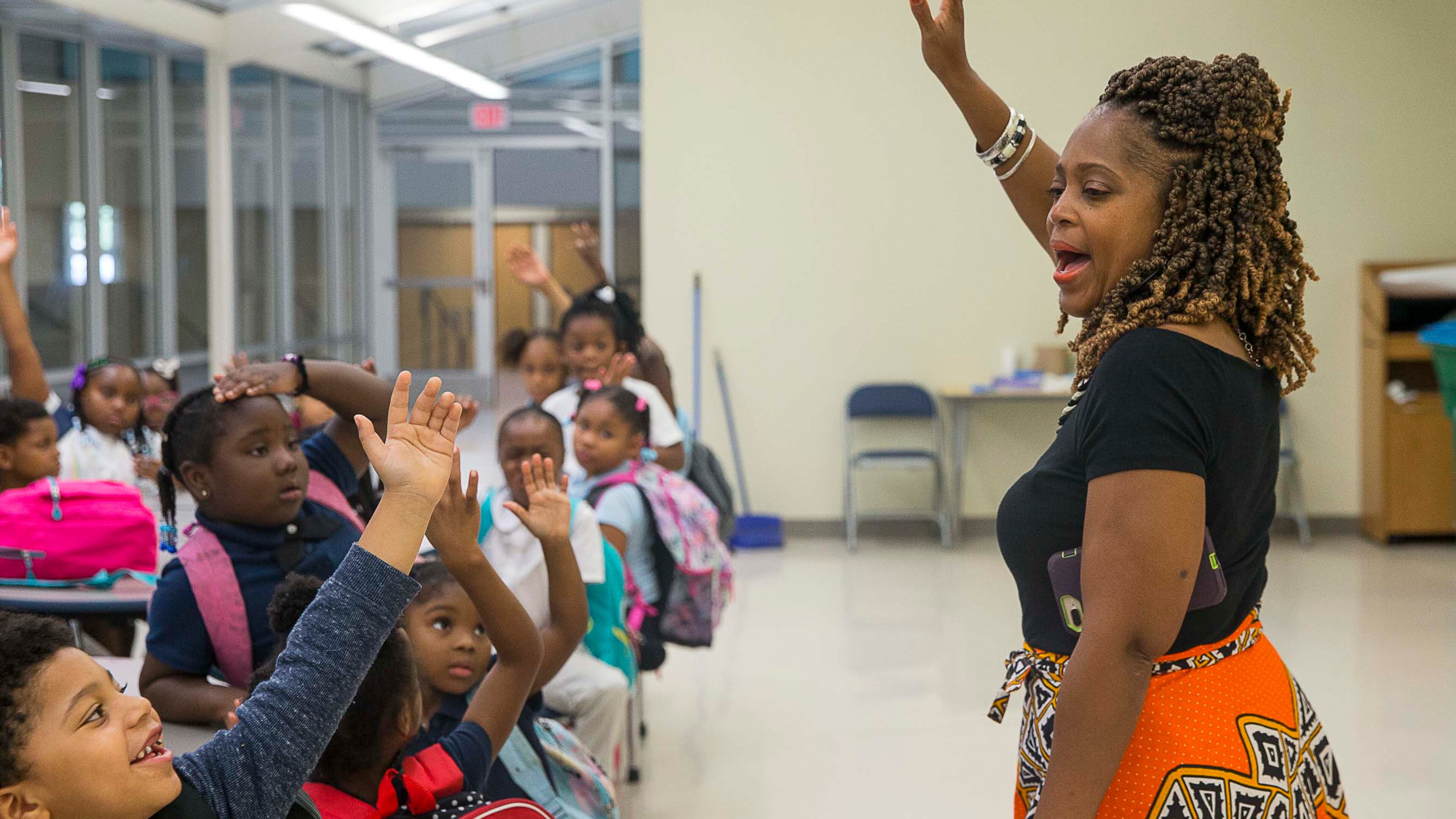RHONE: Seek creative solutions to address lack of after-school programs

Parents at a DeKalb County elementary school were caught off guard in early August when, just a few days before the school year began, an announcement from the administration sent some of them into a panic: the school would not be offering its after-school program and parents would have to find other options.
The reasons for the cancellation were unclear. But as parents queried friends and neighbors in their search for after-school care, it quickly became clear that suitable programs are in short supply.
Some programs were full, some were not practical due to cost or lack of transportation and some programs had simply disappeared.
“You never want to be in a position where parents are finding out that their programs have been canceled at the last minute. This is a lifeline for working parents,” said Jodi Grant, executive director of Afterschool Alliance, founded in 2000 to ensure all students have access to quality after-school programs.
Similar stories have emerged in school districts across the region, including counties in Tennessee and Alabama, where last-minute cancellations of after-school programs were attributed to the end of pandemic relief funding which expires in September.
Grant said while she hasn’t heard of many last-minute program cancellations, she routinely hears stories about the demand for aftercare programs outstripping the supply.
I remember the frenzy from years ago when my daughter was younger and the on-site after-school program at her elementary school filled up quickly. There were always more parents needing after-school care than the program could accommodate. Each year, the Parent Teacher Association would circulate resources to help parents find other care options if they were too late to get a space in the school-based program.
Then came the pandemic and the federal government’s American Rescue Plan Act Elementary and Secondary School Emergency Relief funding. This infusion of resources helped many schools improve, expand or add new after-school programs, said Katie Landes, director of the Georgia Statewide Afterschool Network.
In Georgia, a competitive grant program overseen by Georgia Statewide Afterschool Network and the state Department of Education allocated $85 million in funding over three years to community-based organizations serving about 112 of the state’s 159 counties, Landes said.
Some organizations used the funding to increase staff pay or hire more qualified staff. Others invested in free transportation, which after affordability is the second highest barrier to after-school care for many people.
Now with ESSER funding coming to an end, the loss is likely to hit harder in communities that relied on that funding to develop new after-school programs, Landes said.
In Georgia, for every one child who is enrolled in after-school programs there are two more who do not have access to a program. Without the additional federal funding that came during the pandemic, schools and states will have to fill those gaps.
Grant said schools will have to consider more creative ways to support after-school programs such as tapping into parents, college students or gig workers as after-school employees, partnering with organizations such as libraries and museums to develop after-school programs or utilizing school paraprofessionals to work in after-school programs which could also create a pipeline for them to become teachers.
But there are also more basic solutions such as paying better salaries to after-school employees and recognizing that for some workers, it is a career, not a part-time job.
We also need to shift our thinking about the benefits offered by quality after-school programs.
“Nobody dislikes after-school (programs) but they think it is a nice thing,” Grant said. “They don’t realize kids are learning skills that will help them succeed in school and in life.”
We need more after-school programs in Georgia, but what we really need is a political champion to make it happen. Grant noted states with significant state-level funding for after-school programs also had legislators who were passionate about the issue.
Landes said the Georgia State Afterschool Network has been advocating for a liaison at the state level who would work across agencies to make sure after-school programs are more streamlined and efficient. The liaison would also work to identify and track which programs are receiving funds and help develop resources to support after-school programs, whether it be staff training or technical assistance.
We may no longer have those pandemic-era funds to boost after-school programs but we do know the benefit many of those programs brought to communities and families. And those are lessons that should not go to waste.
Read more on the Real Life blog (ajc.com/opinion/real-life-blog/), find Nedra on Facebook (facebook.com/AJCRealLifeColumn) and X (@nrhoneajc) or email her at nedra.rhone@ajc.com.



